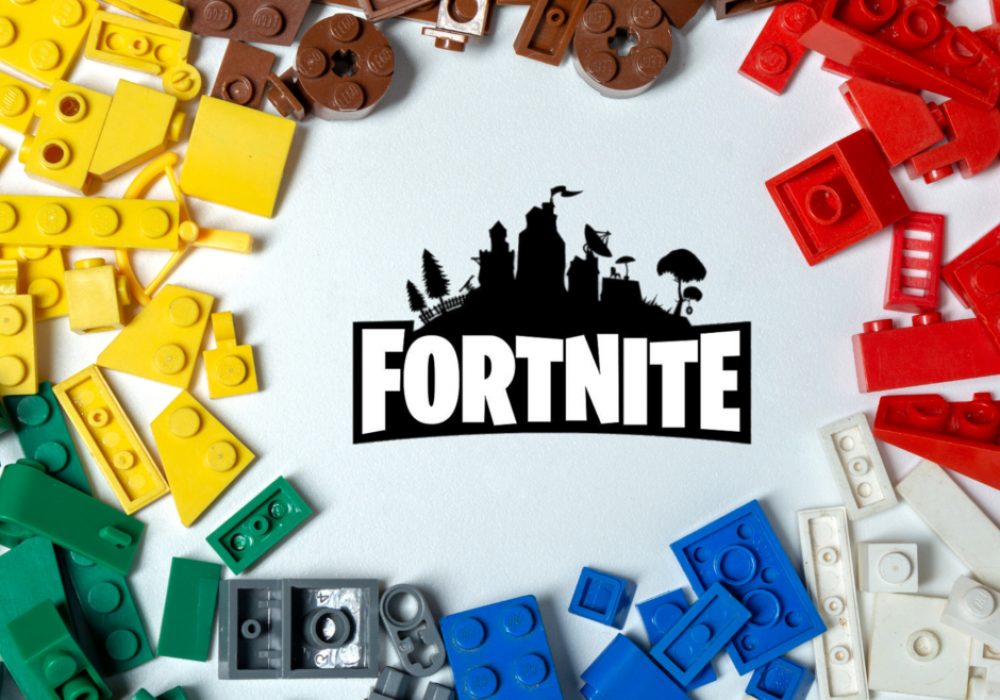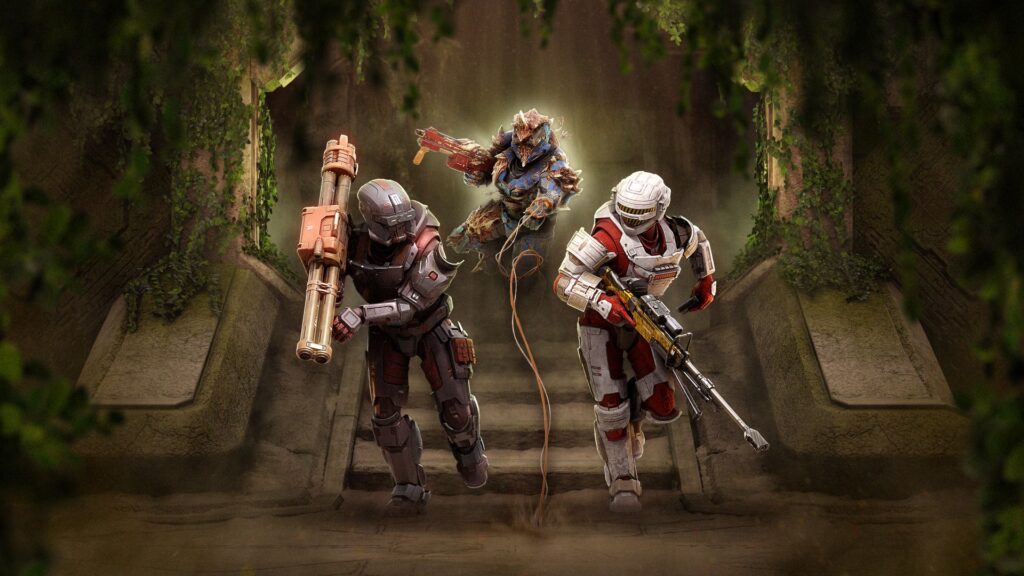In the vast realm of online gaming, few titles have captured the imagination and hearts of players like Fortnite. Since its release in 2017, the battle royale phenomenon has evolved beyond a mere game; it’s become a cultural phenomenon, a digital playground where millions of players converge to test their skills, build virtual empires, and create lasting memories.
As we step into a new era of Fortnite, it’s essential to explore the journey that has brought us here and examine the game’s impact on the gaming landscape.
The Birth of a Legend
Fortnite emerged on the scene as a battle royale game developed by Epic Games, a studio already renowned for its Unreal Engine. What set Fortnite apart from its competitors was its unique blend of survival, building, and shooting elements. The game’s colorful aesthetics and dance emotes quickly attracted a diverse player base, including casual gamers and seasoned professionals alike.
The Fortnite island, the ever-evolving battleground, became a canvas for creativity. Players weren’t just there to eliminate opponents; they were builders, crafting structures in the heat of battle, giving rise to the term “building meta.” The ability to construct elaborate structures added a layer of strategy, setting Fortnite apart from traditional shooters.
Cultural Phenomenon

Source: playtoearn.net
As Fortnite’s popularity skyrocketed, it transcended the gaming world, permeating mainstream culture. The game’s dance emotes, like the iconic “Floss” and “Orange Justice,” became viral sensations, imitated by professional athletes, celebrities, and even politicians. Fortnite wasn’t just a game; it was a shared experience, a cultural touchstone that connected people across the globe.
The Nexus Event: A Turning Point
Fortnite’s narrative evolved through seasons, each bringing new themes, challenges, and map changes. One of the most significant turning points in Fortnite’s history was the Nexus Event. This in-game spectacle saw the destruction of the original map, leaving players in a black hole of anticipation. It was a bold move by Epic Games, and the world waited anxiously for the emergence of a new era.
Chapter 2: A Fresh Beginning
The unveiling of Chapter 2 marked a rebirth for Fortnite. A new island, new locations, and an array of gameplay enhancements breathed fresh life into the game. Chapter 2 not only retained the core elements that made Fortnite a success but also introduced new mechanics, weapons, and a streamlined user interface.
Legends Forge Their Destiny

Source: news.xbox.com
Fortnite has always been about more than just winning matches. It’s a platform where players can express themselves, showcase their creativity, and become legends in their own right. The game’s vibrant community has given rise to countless content creators, from streamers and YouTubers to artists and musicians.
Epic Games has embraced this community-driven ethos, incorporating player-created content into the game through initiatives like the Fortnite hacks. This mode allows players to design their islands, mini-games, and experiences, fostering a sense of ownership and collaboration within the Fortnite universe.
Competitive Fortnite: A Global Stage
Fortnite’s competitive scene has evolved into a global spectacle, with events like the Fortnite World Cup offering substantial cash prizes and global recognition. Professional players have risen to stardom, earning sponsorships and becoming household names. The competitive aspect has added a layer of legitimacy to Fortnite, solidifying its status as a true esports phenomenon.
The Impact Beyond Gaming

Source: theringer.com
Fortnite has not only shaped the gaming industry but has also influenced how we perceive digital entertainment. The game’s collaborations with major franchises like Marvel, Star Wars, and DC Comics have blurred the lines between gaming and mainstream media. Virtual concerts, featuring artists like Travis Scott, have redefined the concept of in-game events, attracting millions of attendees.
Fortnite’s influence extends to education as well, with teachers incorporating the game into their lesson plans to engage students in innovative ways. The game’s immersive environment provides a unique platform for learning, fostering creativity, teamwork, and problem-solving skills.
Conclusion
As we delve into the Chronicles of the New Era in Fortnite, it’s clear that the game has become more than just a digital pastime. It’s a cultural phenomenon, a competitive battleground, and a canvas for creativity. Legends are not born; they are forged in the crucible of Fortnite’s ever-evolving landscape. Whether you’re a casual player, a content creator, or a professional gamer, Fortnite offers a space where destinies are shaped, and the adventure is limitless. As we look toward the future, one thing is certain – the Chronicles of the New Era in Fortnite are far from over, and the legends are just getting started.



